On the evening of the 30th September, the Women’s Academic Network hosted a well attended debate on ‘lad culture’ in the wake of the published NUS research report on women’s experiences of this phenomenon in Higher Education Institutions in the UK. The report entitled That’s what she said was based on commissioned research undertaken by the Centre for Gender Studies at Sussex University.
Crucially for our institution, two of our speakers that night were undergraduate students at BU. They were supported on the debating panel by Blogger and journalist, Reni Eddo Lodge and ‘No More Page 3’ campaign founder Lucy Ann Holmes.
The prevalence of so-called ‘lad culture’, constitutes an important debate to be had at any contemporary UK HEI; and where none are likely to be insulated from this widespread social phenomenon, which appears to be becoming more entrenched in university life, for reasons that are unclear. We were thus particularly pleased that BU took a lead in further illuminating this worrying social issue in this manner. However, the seriousness of lad culture was greatly underestimated by the organisers until this was more fully illuminated by the visceral personal accounts of the speakers.
Consequently, due to the deeply personal nature of these accounts verbatim details of the speakers’ experiences were requested to be withheld from public dissemination; permission for photographs was not given; and the names of student panellists are anonymised. Nonetheless we are able to offer the following issues and insights that we believe are crucial for all HEIs. These seek to address the student experience in relation to the personal safety of students, both female and male, as well as seeking to implement a zero tolerance approach towards intimidation, harassment and the assault of students by students, many of whom have their first encounters of such in Freshers’ Week. During the Week, as we have learned, too often a mixture of a heady sense of freedom from authoritarian constraints, and fuelled by heavy levels of alcohol consumption, create a lack of inhibition for group dynamics that can be experienced as highly confrontational and indeed menacing.
The audience, composed of a mixture of primarily academics and students of both sexes, engaged enthusiastically with the debate – articulating their own sense of unease and even distress at the manifestations of ‘lad culture’ they or their relatives had been exposed at various UK HEIs, including sadly, at BU. These experiences ranged from students (in this case, male students) feeling put off joining sporting activities at university because of the perceived, overtly alpha male, über-macho environment. Worse still were stories of aggressive verbal attacks on other students, often strangers, and often with overtly sexist and racist overtones attached. Additional examples ranged from public belittling and bullying behaviour to the revolting public rating of unwitting, student, sexual partners on an open Facebook site. Furthermore, we heard about alarming sexual molestation towards primarily female, but also male students, escalating to examples of serious assault, including rape, where victims may continue to have to face their attacker in classroom settings.
Although aware to a greater or lesser extent of the ‘lad culture’ issue (and not regarding ourselves as particularly naïve) we were still both profoundly shocked and disturbed to hear these stories, some coming from our own students. The debate put flesh on the vague, skeletal suspicions we have occasionally harboured of possible harassment and bullying of some of our students that may have been responsible for the regrettable decision of, otherwise promising, students who suddenly drop out of their programmes.
Academics, by and large, are usually blissfully unaware of the extent of these kinds of intimidation taking place in the student body. If students do complain of their treatment, it is usually not to academics that they turn, for some reason – this is particularly worrying when the pastoral role of Academic Advisors is strongly promoted. Our guess is that harassment, intimidation and assault is seen as something outside of the rarefied academic setting and as not directly linked to student studies – although of course the ramifications of these situations are clearly apparent to student progress and retention.
What therefore should be done? The extent of these events needs to be investigated and recorded rigorously in order to develop a clearer idea of the extent of the problem. The agenda to enhance the student experience at BU, laudable though it indubitably is, will not in itself eradicate victimisation of students by students; but it can be used to greatly extend its remit to offer enhanced protection of students and to severely penalise those who prey upon their fellows. It can also be used to further inform and bolster the role of the Academic Advisor as one that is integrally conjoined into a pastoral and academic enhancing role.
We would also be keen to see additional institutional support towards student safety initiatives; for example, embedding ‘consent’ workshops into Freshers’ induction in relation to sexual experimentation; in addition to the aforementioned zero tolerance policies towards the abusive repercussions of ‘lad culture’. We would like to see visible ‘safe’ spaces where women who have been assaulted can go; and in this vein, should there be a need, appropriate services for male victims. The issue of what constitutes rape and sexual assault in relation to student safety is of such gravity that more attention needs to be given from the outset to raise awareness of this among student groups, particularly among our vulnerable new Level C students, many of whom are recent school leavers.
The debate left us with mixed views: horror that these were some of the ‘normal’ experiences that predominantly (but not always) female students have; but also reassurance that at least this is an institution where we are able to talk about this issue. Now that it has been publicly raised momentum needs to be maintained: we need to talk about it, to act upon it and we look to colleagues for support in this regard.
Sara Ashencaen Crabtree and Heather Savigny
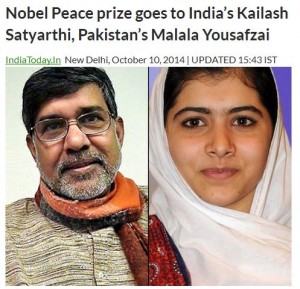


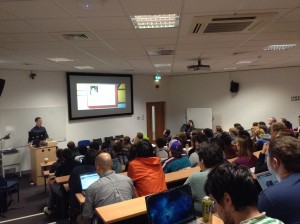
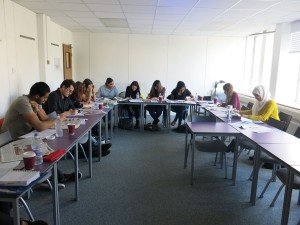

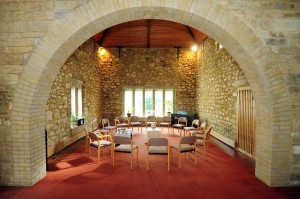
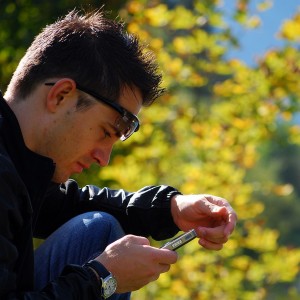


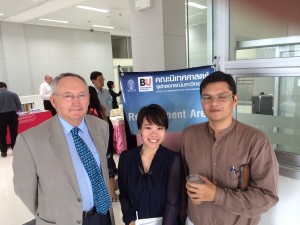

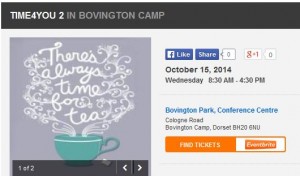

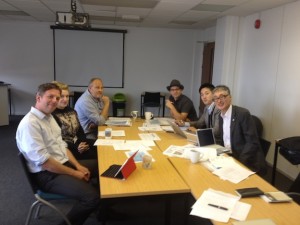











 Seeing the fruits of your labour in Bangladesh
Seeing the fruits of your labour in Bangladesh Exploring Embodied Research: Body Map Storytelling Workshop & Research Seminar
Exploring Embodied Research: Body Map Storytelling Workshop & Research Seminar Marking a Milestone: The Swash Channel Wreck Book Launch
Marking a Milestone: The Swash Channel Wreck Book Launch No access to BRIAN 5-6th February
No access to BRIAN 5-6th February ECR Funding Open Call: Research Culture & Community Grant – Application Deadline Friday 12 December
ECR Funding Open Call: Research Culture & Community Grant – Application Deadline Friday 12 December MSCA Postdoctoral Fellowships 2025 Call
MSCA Postdoctoral Fellowships 2025 Call ERC Advanced Grant 2025 Webinar
ERC Advanced Grant 2025 Webinar Update on UKRO services
Update on UKRO services European research project exploring use of ‘virtual twins’ to better manage metabolic associated fatty liver disease
European research project exploring use of ‘virtual twins’ to better manage metabolic associated fatty liver disease